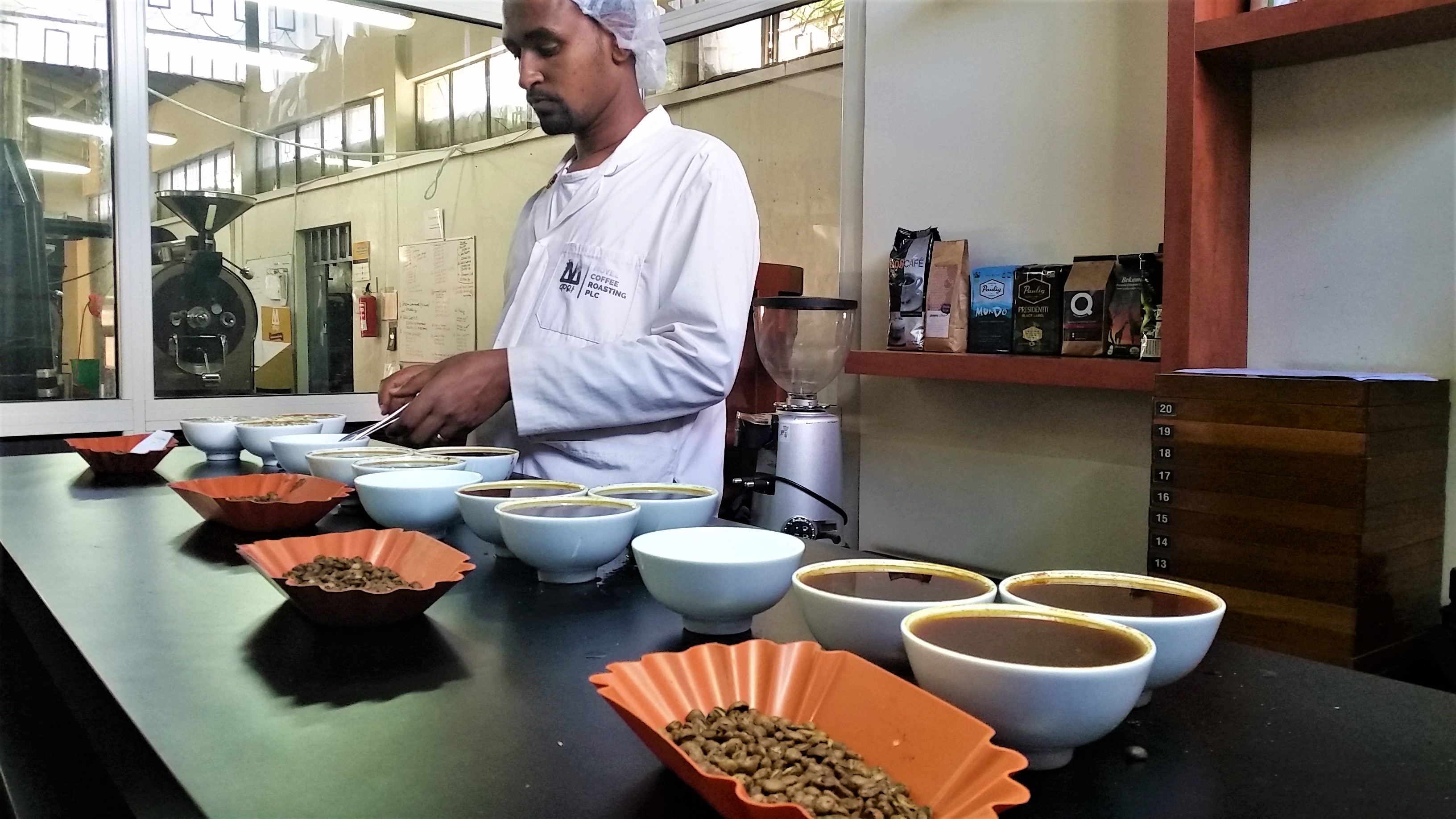
Stories from Ethiopia | Ådne’s Blog | Part 1
Hi, my name is Ådne, and as part of my work for Fairchain I was asked to write a blog. And I think it is good to start with a

Hi, my name is Ådne, and as part of my work for Fairchain I was asked to write a blog. And I think it is good to start with a

This week our FairChain training squad headed out to Limu for a new event in the series of farmer training. Topic: soil fertility. That’s a main element in our curriculum,

The last months where like sitting front row in a roller coaster. Our BlockChain project really took off, hitting national and international front pages. All nice but FairChain is not

In the midst of the turmoil of the Ethiopian MP stepping down and an official state of emergency our loyal FairChain trainees gathered in Jimma. On the agenda: nutrients, shade

Do Ethiopian coffee farmers take some time off after the intensive harvest period? No sir, right after all the red cherry is picked, it is time for pruning. Who else

We are still harvesting! Joost is literally buried in heaps of coffee cherry. The supply is immense and unstoppable. Since November 11th, the FairChain farmers have been providing us with

From cherry to cup within a week. In our FairChain, that is perfectly possible. Marten (Fairfood), Jan (Wageningen University & Research) and Mark (FairChain) were picking some fresh red cherry

Meet Shamshedin A/Goja A/Diga. A dedicated coffee farmer from the village of Suntu. With his wife he has 5 children and 2 hectares of coffee. On October 1st of this

Last week we told you about the Triple FairChain Premium we are paying to our farmers in Limu, Ethiopia. This of course is no unconditional premium. Instead, it is an

In this serie of FairChain Harvest blogs, we’ll now show you how we discovered that we actually pay a FairChain Premium three times. 1. Twenty percent We thought we paid

Where does your bag of 100% Limu coffee come from? From Limu. Makes sense doesn’t it? Today Mark headed out from the town of Jimma, known as the birth ground

Fairtrade – ein überholtes Modell? Immer mehr junge Unternehmen haben verstanden: Fairtrade ist gut, aber letztlich nur eine bessere Version eines in sich unfairen Handelssystems: Entwicklungsländer, meist ehemalige Kolonien, produzieren Rohstoffe,
Necessary cookies are absolutely essential for the website to function properly. This category only includes cookies that ensures basic functionalities and security features of the website. These cookies do not store any personal information.
Any cookies that may not be particularly necessary for the website to function and is used specifically to collect user personal data via analytics, ads, other embedded contents are termed as non-necessary cookies. It is mandatory to procure user consent prior to running these cookies on your website.